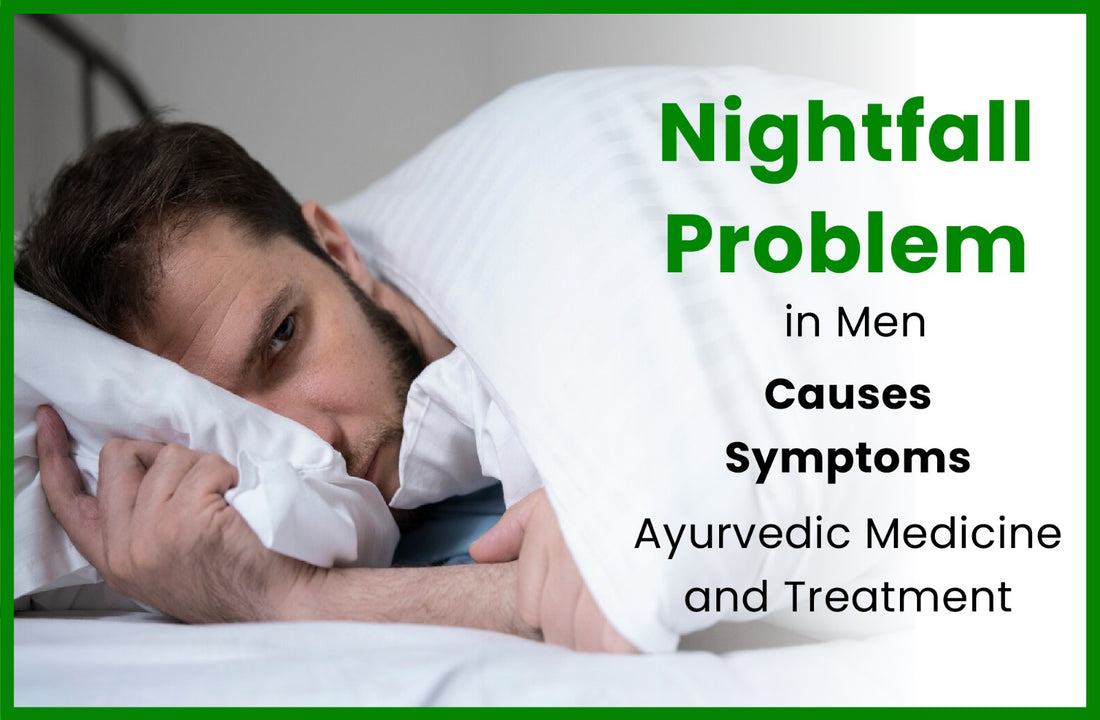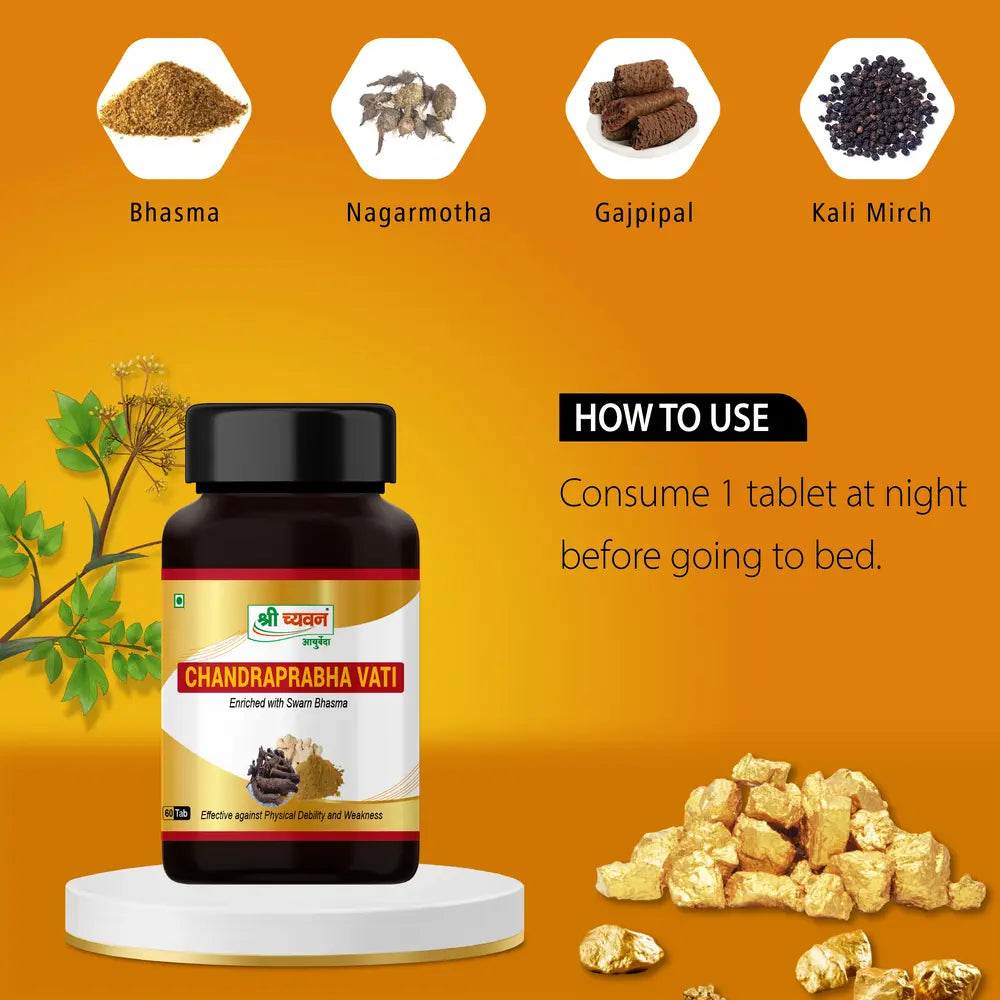Nightfall, also known as nocturnal emission or wet dreams, is a natural physiological process in which a male experiences involuntary ejaculation during sleep. It often occurs during adolescence but can also happen at any age. Nightfall is considered a normal part of sexual development and generally doesn't indicate any underlying health issue. However, if it occurs frequently and causes distress, it might be worth exploring.
Causes of Nightfall:
-
Hormonal Changes: During adolescence, there's a surge in hormones, particularly testosterone. This hormonal shift can lead to increased sexual arousal and spontaneous ejaculation during sleep.
-
Sexual Stimulation: Erotic dreams, thoughts, or even mild physical stimulation during sleep can trigger the ejaculatory response, leading to nightfall.
-
Psychological Factors: Stress, anxiety, or mental excitement can play a role in triggering nocturnal emissions. Emotional or psychological unrest might contribute to increased occurrences of nightfall.
-
Irregular Sexual Activity: Infrequent sexual activity or prolonged periods without ejaculation might cause the body to release semen involuntarily during sleep to maintain reproductive health.
-
Genital Sensitivity: Increased sensitivity or irritation in the genital area due to clothing, bedding or other factors could potentially lead to nocturnal emissions.
-
Prostate Health: Issues related to prostate health or congestion in the pelvic area might contribute to the occurrence of nightfall.
- Natural Body Functions: Nocturnal emissions can also be a normal part of the body's way of regulating semen production and maintaining reproductive health.
Symptoms of Nightfall:
-
Involuntary Ejaculation: The primary symptom is the involuntary release of semen during sleep. This ejaculation usually happens without any manual stimulation or conscious awareness.
-
Erotic Dreams: Often, nocturnal emissions are accompanied by vivid, sexual or erotic dreams that may trigger the ejaculatory response.
-
Genital Sensation: Some individuals might experience mild sensations or discomfort in the genital area before or after a nocturnal emission.
- Fatigue or Tiredness: Occasionally, individuals may report feeling tired or fatigued upon waking after a nightfall episode.
- Psychological Impact: For some individuals, experiencing frequent nightfall might lead to psychological symptoms such as anxiety, stress or lowered self-esteem, especially if misconceptions or stigma surround this natural occurrence.
Nightfall more often in Winters:
Nightfall might appear more frequent during winters due to various factors: changes in sleeping habits with warmer bedding or layered clothing that might restrict airflow, potential alterations in hormone levels influenced by seasonal changes, shifts in diet and lifestyle during colder months, reduced physical activity and psychological impacts like seasonal affective disorder affecting mood and dreams. While these factors could contribute to the perception of increased nocturnal emissions, it's crucial to remember that nightfall is a natural occurrence.
However, if someone experiences distress or disruption due to frequent nightfall, seeking guidance from a healthcare professional or an Ayurvedic practitioner can provide personalized strategies for management and relief.
Mental Disturbance due to Nightfall:
Nightfall, especially if it occurs frequently or if a person is unaware that it's a normal physiological process, might lead to mental disturbances such as:
-
Anxiety and Stress: Worrying about the frequency of nightfall can increase stress levels.
-
Low Self-esteem: Misconceptions or societal stigma surrounding nightfall can impact self-esteem.
- Psychological Impact: It might cause disturbances in sleep patterns and overall mental well-being if someone is excessively worried or anxious about it.
Relationship differences & challenges
Experiencing frequent nightfall, in itself, might not directly disturb a relationship with a partner. However, the psychological impact or distress associated with it could potentially affect the relationship dynamics. Here's how:
-
Communication Challenges: If one partner feels distressed or anxious about nightfall and does not communicate this effectively to their partner, misunderstandings or tension might arise. Lack of open communication about concerns can create a barrier in the relationship.
-
Intimacy Issues: Excessive worry or preoccupation with nightfall might lead to avoidance of intimacy or sexual activity, impacting the natural flow of the relationship.
-
Emotional Strain: Persistent distress due to frequent nightfall might affect the individual's emotional well-being, causing mood changes or increased stress. This emotional strain could indirectly impact the relationship's harmony.
-
Self-esteem and Confidence: Misconceptions or negative beliefs about nightfall might lower self-esteem. If this affects one's confidence in the relationship or causes feelings of inadequacy, it could impact the overall connection between partners.
- Support and Understanding: On the other hand, a supportive and understanding partner can play a crucial role in alleviating distress related to nightfall. Open conversations, empathy, and reassurance can strengthen the relationship during challenging times.
Nightfall Ayurvedic Medicine:
Our ayurveda experts have formulated best medicine for nightfall problem - Shilajit Vati and Chandraprabha Vati an Ayurvedic formulations that are believed to offer various health benefits, including potentially assisting with issues like nightfall. However, their precise mechanisms might not be universally agreed upon or extensively studied in scientific literature. Here are some potential ways these herbs might aid in managing nightfall:
Shilajit Vati: Shilajit has been used for centuries in traditional Ayurvedic medicine, particularly in India, for its potential health benefits. It plays a major role in Testosterone boosters, Energy and Stamina, Nightfall, Fertility, Anti-Aging and Immune System Support It is rich in minerals, fulvic acid, and other organic compounds.
-
Mineral-Rich Composition: Shilajit, the primary component, is rich in minerals and fulvic acid. It's believed to enhance energy levels and promote overall wellness. It is the best medicine for Nightfall problem.
- Regulating Sexual Functions: Shilajit is traditionally thought to have aphrodisiac properties, which could potentially help regulate sexual functions, including nocturnal emissions.
Chandraprabha Vati: It helps to reduce the level of Uric acid, problems relating to Urinary Tract Infections (UTI's) and it is enriched with Swarn Bhasm which also helps to provide relief from all types of pain like Joint Pain, Knee Pain, Muscular Pain, Shoulder Pain, etc. Chandraprabha Vati also has different uses for male and female help in solving physical problems like Stamina, Nightfall, and Fertility etc.
-
Balancing Energies: Chandraprabha Vati is a blend of various herbs and minerals. It's believed to balance Vata and Pitta energies in the body, promoting overall well-being.
- Strengthening Genital and Urinary System: It's often used in Ayurveda to support the urinary system and might indirectly impact sexual health, possibly helping in managing nightfall.
Other Ayurvedic Approaches:
Ayurveda, an ancient Indian system of medicine, offers holistic approaches to address nightfall and associated concerns:
-
Diet and Lifestyle Changes: Ayurveda often emphasizes a balanced diet, regular exercise, and stress reduction techniques like yoga and meditation to maintain overall health.
-
Herbal Remedies: Certain herbs like Ashwagandha, Shilajit, Safed Musli and Kaunch Beej are believed to have properties that may help regulate sexual functions.
- Ayurvedic Medicines: Ayurvedic practitioners might prescribe specific formulations tailored to an individual's constitution and symptoms.
Our ayurvedic medicine for nightfall not only aims to treat the physical symptoms but also to address mental well-being. Consulting an Ayurvedic practitioner can provide personalized guidance and treatments tailored to an individual's specific constitution and concerns.













